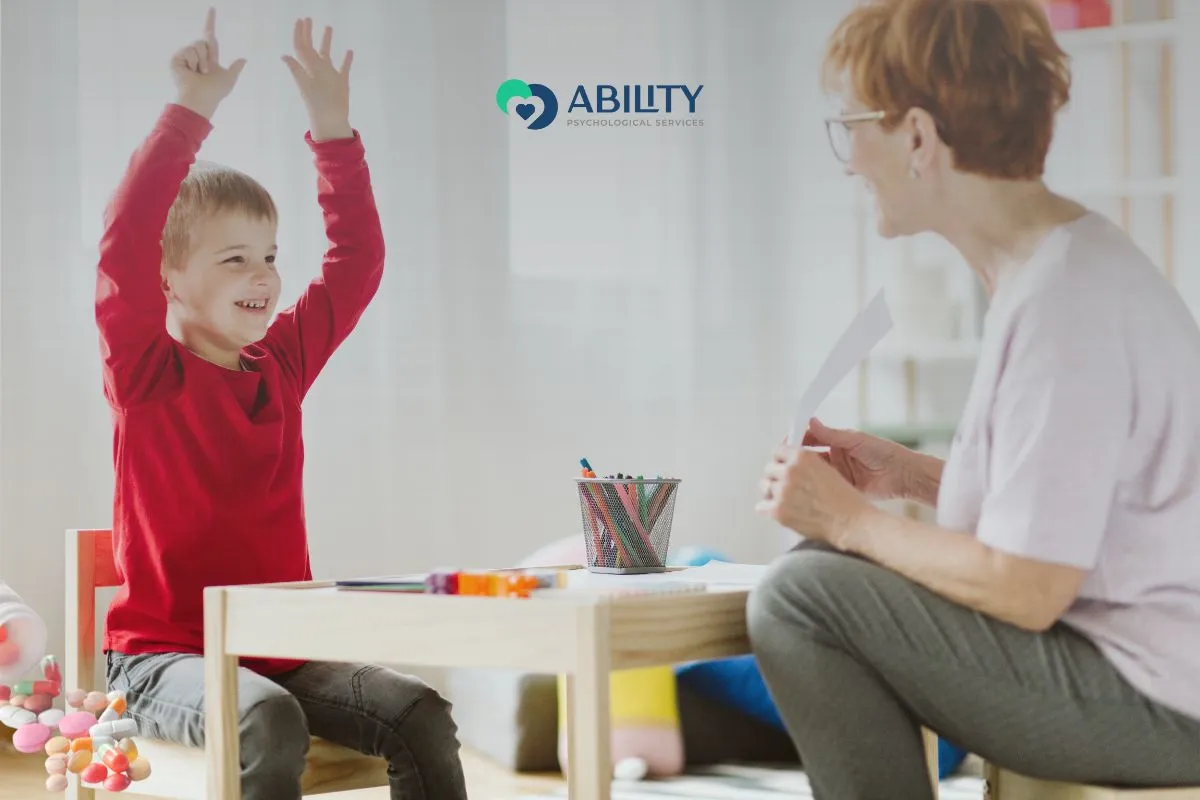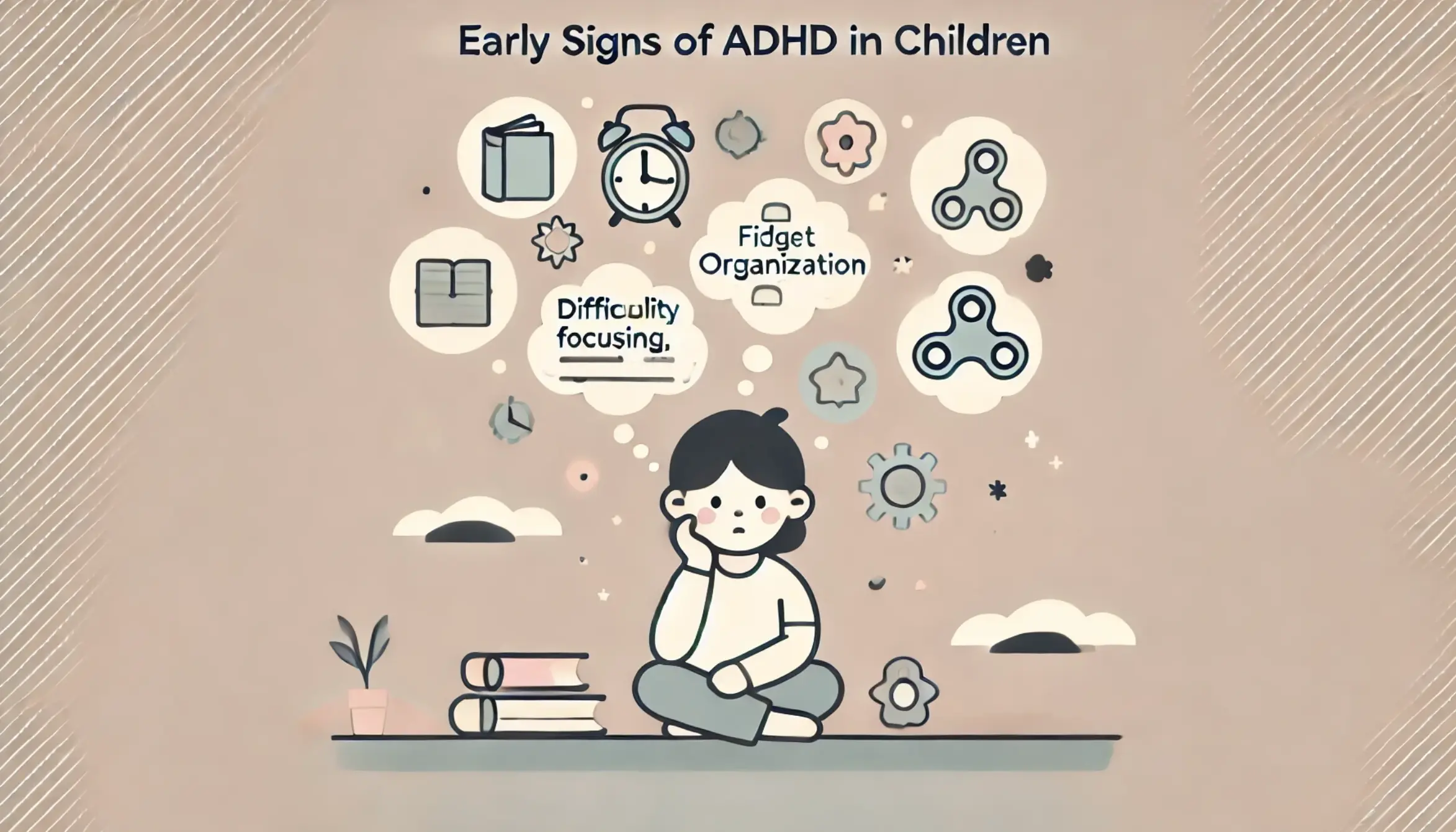Ensuring an inclusive environment for every student is crucial in education. For students with autism spectrum disorder, tailor-made accommodations in special education pave the way for a more inclusive and supportive learning environment.
Autism, a neurodevelopmental disorder, can present unique challenges in the classroom, making personalized autism accommodations an essential tool for unlocking the potential within each student.
Understanding the unique needs of individuals on the autism spectrum is the first step toward creating an educational setting that supports their growth and development. This blog series will explore the available accommodations and everything you need to know! Stay tuned!
What Are Accommodations?

Accommodations in the educational context refer to modifications and supports tailored to meet diverse needs, ensuring equitable access to curriculum and the educational experience. These adjustments are particularly crucial for students with varying abilities, including those with disabilities or unique learning profiles.
The goal of accommodations is to remove barriers to learning, allowing students to participate, demonstrate their understanding, and reach their full potential. Accommodations can take various forms, addressing physical, sensory, cognitive, or communication challenges that students may face. Accommodations may include: extended time on exams, providing accessible materials, offering assistive technologies, a shortened school day, and adapting the learning environment to suit individual needs.
Significantly, accommodations do not compromise academic standards but aim to create an inclusive setting where every student can thrive. For students with autism spectrum disorder (ASD), accommodations may involve personalized learning plans, sensory adjustments, visual supports, and social skills training. These modifications recognize and cater to the unique strengths and challenges associated with ASD, fostering an environment that acknowledges and values neurodiversity.
Ultimately, autistic accommodations are a fundamental aspect of promoting an inclusive education system, recognizing and celebrating the diversity of learners. By embracing tailored support, educators aim to create an environment where each student can succeed, irrespective of their individual learning needs or abilities.
Who Is Eligible to Receive Accommodations?
Eligibility for receiving accommodations in education is not solely based on a specific diagnosis but is rooted in the principle of addressing individual needs. Generally, individuals who may qualify for accommodations include those with documented disabilities, medical conditions, or diverse learning profiles that fully impact their ability to participate in the educational process.
Determining eligibility is done by conducting a formal assessment or evaluation by qualified professionals, such as educational psychologists, medical practitioners, or special-education experts.
Disabilities that might warrant accommodations range from physical and sensory impairments to cognitive, emotional, or developmental challenges.Specific to students with autism spectrum disorder, eligibility for accommodations is often established through a comprehensive evaluation process, taking into account the unique characteristics and needs associated with ASD. This evaluation helps identify the most effective and appropriate accommodations for autistic students to support their learning and participation.
It is crucial to note that accommodations extend beyond academic settings to various facets of life, including the workplace and standardized testing environments. Legal frameworks, such as the Individuals with Disabilities Education Act (IDEA) in the United States, aim to ensure that eligible individuals receive the necessary accommodations to access educational opportunities and demonstrate their abilities on an equal footing with their peers.
What Are Some Accommodations That Have Been Helpful to Autistic Students?

Accommodation for autism is vital in fostering a supportive and inclusive learning environment. By tailoring accommodations to address the unique challenges associated with autism spectrum disorder, these changes aim to enhance communication, reduce sensory distractions, and provide individualized support.
Accommodations for autistic students may include:
- Visual Supports: Implementing visual aids like schedules, charts, and social stories to help students with ASD understand routines, expectations, and social cues.
- Sensory-Friendly Classrooms: Creating an environment that accommodates sensory sensitivities by adjusting lighting, minimizing noise, and providing sensory breaks to support students in managing sensory input.
- Personalized Learning Plans: Develop individualized plans that outline specific academic goals, teaching strategies, and support services based on the individuals strengths and challenges.
- Communication Aids: Introducing augmentative and alternative communication (AAC) devices, visual supports, or social skills training to improve communication skills and enhance social interactions.
- Flexible Assignments and Assessments: Adapting the format or presentation of assignments and assessments to accommodate different learning styles and challenges associated with ASD.
- Social Skills Training: Offering structured instruction and practice in social skills, providing tools for navigating social situations and building relationships.
- Assistive Technologies: Using technology tools such as tablets with communication apps, speech-to-text software, or other assistive devices to facilitate communication and support learning.
- Structured Environment: Establishing clear and consistent routines, visual schedules, and organized physical spaces to help students with ASD feel more secure and navigate their surroundings effectively.
Where Will My Child’s Accommodations and Modifications Be Documented?
Professionals keep documentation of accommodations and modifications for a child in a formal document known as an Individualized Education Program (IEP) or a 504 plan.
These documents are legal and educational tools designed to ensure that students with disabilities, including those with autism spectrum disorder, receive the necessary support to thrive in the educational setting.
For students with an IEP, the accommodations and modifications are specified within this personalized document. Developed through a collaborative process involving educators, parents, and other relevant professionals, the IEP outlines the child’s present academic and functional performance levels, sets measurable goals, and details the specific services, accommodations, and modifications required to meet those goals.
On the other hand, an autism 504 accommodations plan, named after Section 504 of the Rehabilitation Act, is designed to support students with disabilities who may not require specialized instruction but still need accommodations. The 504 plan outlines the necessary adjustments and support services to ensure equal access to education.
Together, IEP and 504 Plans serve as blueprints for educators and school staff, guiding them in implementing appropriate accommodations and modifications to meet the child’s unique needs.
Parents play a crucial role in developing and reviewing these plans, advocating for the most effective and supportive strategies to facilitate their child’s academic and social success. Regular communication between parents and educators ensures that these accommodations get implemented consistently, creating an inclusive and conducive learning environment for the child.
What Are Related Services?
Related services, in the context of education, refer to additional supportive services beyond the regular academic curriculum that are essential for students with disabilities to benefit from their education fully.
These services are outlined in Individualized Education Programs (IEPs) and aim to address specific needs associated with a student’s disability, ensuring their overall well-being and successful participation in the educational environment.
For students with autism spectrum disorder or other disabilities, related services may include a range of specialized support such as:
- Speech and Language Therapy: Providing interventions to improve communication skills, articulation, and language development.
- Occupational Therapy: Addressing fine motor skills, sensory processing issues, and activities of daily living to enhance a student’s independence and participation in school activities.
- Physical Therapy: Offering interventions to improve gross motor skills, mobility, and physical independence.
- Counseling Services: Providing emotional and behavioral support to help students navigate social interactions, cope with challenges, and build self-esteem.
- Transportation Services: Ensuring students with disabilities have safe and accessible transportation to and from school.
Accommodations for Students With Autism

The provision of accommodations and related services for students with autism spectrum disorder is crucial in creating an inclusive educational environment.
By tailoring support through accommodations like personalized learning plans, sensory-friendly classrooms, and related services such as speech therapy and counseling, we empower students to overcome challenges and thrive academically and socially.
If you suspect your child may benefit from an autism evaluation and specialized services, don’t hesitate to reach out.
At APS for autism evaluation in Oakland, CA, our team dedicates itself to providing comprehensive assessments and support to guide families and educators in creating individualized plans that promote the success of students with ASD. Call us today to take the first step toward unlocking your child’s full potential.





